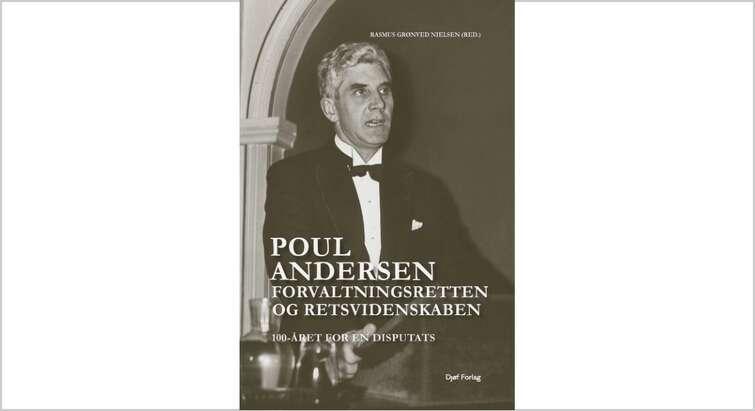
19.11.2024

Center for Erhvervsret og Offentlig Regulering (CEO) er et forskningscenter med fokus på erhvervsret og offentlig regulering. Vi tager udgangspunkt i, at markedsøkonomien er en fundamental del af vor samfundsstruktur. Vi interesserer os for reguleringen af erhvervslivets forhold i et moderne samfund, hvor den offentlige regulering er af voksende betydning for alle samfundsforhold.
We are pleased to invite you to a talk on Legal Remedies for Failed Mergers hosted by FOCOFIMA and Moalem Weitemeyer.